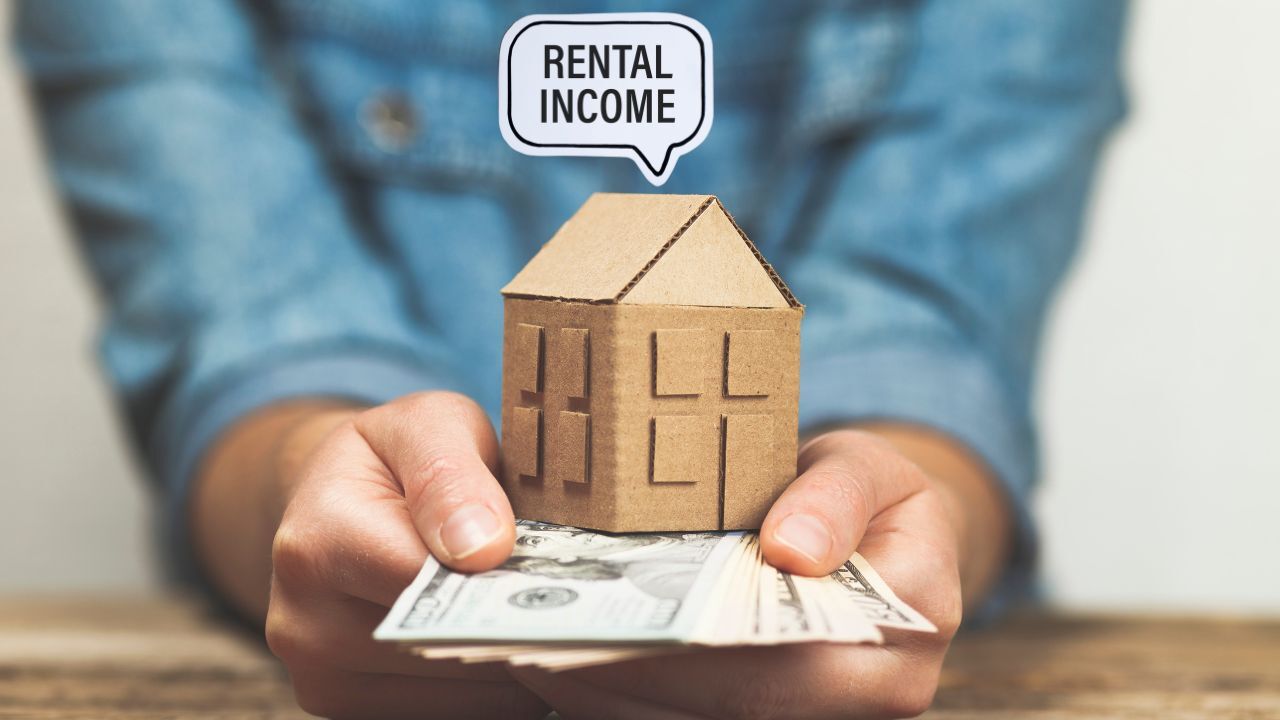 Co-signing a car loan may seem like a small favor for a family member or friend, but many homebuyers do not realize how much it affects their own mortgage approval. Even if you never drive the car, never make a payment, and never see the vehicle, the loan becomes legally and financially tied to you. Understanding how co-signing affects your credit, your debt, and your loan options can help you protect your mortgage eligibility.
Co-signing a car loan may seem like a small favor for a family member or friend, but many homebuyers do not realize how much it affects their own mortgage approval. Even if you never drive the car, never make a payment, and never see the vehicle, the loan becomes legally and financially tied to you. Understanding how co-signing affects your credit, your debt, and your loan options can help you protect your mortgage eligibility.
Know How a Co-Signed Loan Shows Up on Your Credit Report
When you co-sign a car loan, the lender reports the account to the credit bureaus under your name as well as the primary borrowerís name. This means the loan appears on your credit report exactly as if it were your own. Lenders see you as legally responsible for the full balance, not just a backup payer. Even if the primary borrower pays on time every month, the loan still becomes part of your financial picture and affects how lenders evaluate your profile.
Understand How Co Signing Impacts Your Debt-to-Income Ratio
Your debt-to-income ratio plays a major role in mortgage approval because it shows how much of your income goes toward existing debt. A co-signed car loan adds the full monthly car payment to your debt load, even if someone else is making the payment. This can reduce your borrowing power, limit your loan options, or even lower the amount you qualify for. Lenders must count the payment unless you meet strict documentation rules proving someone else has paid it consistently.
Consider the Risk of Late Payments by the Primary Borrower
When you co-sign, your credit is linked to the borrowerís payment habits. If they pay late, your credit score drops as well. If they miss payments, the debt becomes delinquent on your report. These negative marks can make mortgage approval more difficult and may lead to higher interest rates. Since you cannot control someone elseís financial behavior, co-signing always carries the risk of sudden, unpredictable damage to your credit.
Know When Lenders Can Exclude the Payment
Some lenders may exclude the co-signed car payment from your debt-to-income ratio, but only with very specific proof. You must show that the primary borrower has made the last twelve months of payments directly from their own account with no involvement from you. Without that documentation, lenders must count the full payment as your responsibility. This makes good record keeping essential if you have already co-signed.
Protect Your Mortgage Plans Before You Co Sign
If you are planning to buy a home soon, think carefully before agreeing to co-sign. A car loan can reduce your buying power, raise your rate, or delay your home purchase. If you have already co-signed, pay close attention to the borrowerís payment habits and keep clear records. The more proactive you are, the smoother your mortgage process will be.
Co-signing may help someone you care about, but it can also create challenges during mortgage approval. By understanding the risks and planning ahead, you can protect your credit, maintain your borrowing power, and move toward homeownership with confidence.
 For real estate investors and homeowners looking to purchase additional properties, rental income can play a crucial role in mortgage qualification. Lenders often consider this income when assessing a borrower’s ability to repay a loan, but the way it is calculated and applied varies based on different loan programs and underwriting guidelines. Understanding how rental income factors into mortgage approval can help buyers maximize their borrowing potential and secure favorable financing terms.
For real estate investors and homeowners looking to purchase additional properties, rental income can play a crucial role in mortgage qualification. Lenders often consider this income when assessing a borrower’s ability to repay a loan, but the way it is calculated and applied varies based on different loan programs and underwriting guidelines. Understanding how rental income factors into mortgage approval can help buyers maximize their borrowing potential and secure favorable financing terms.